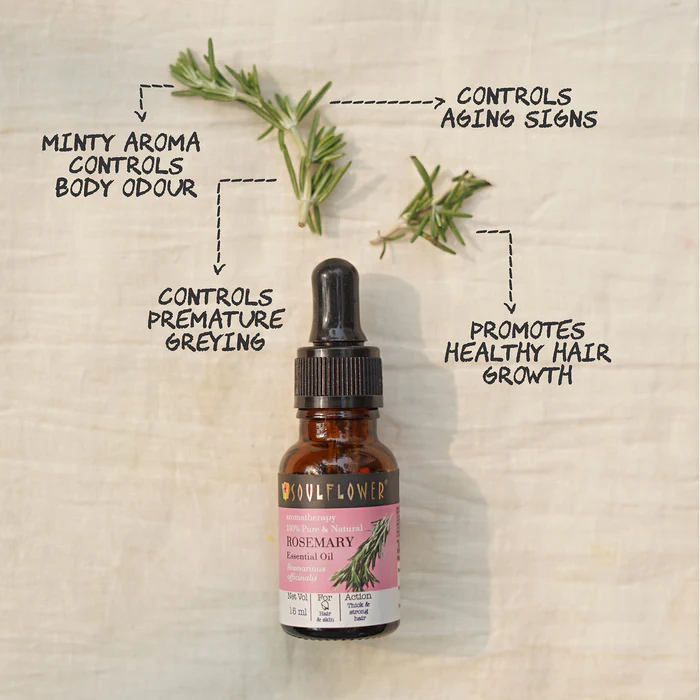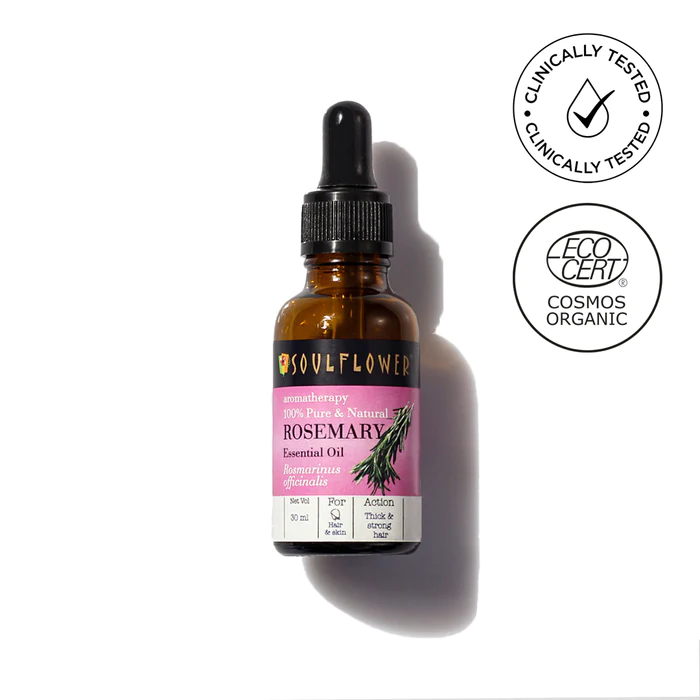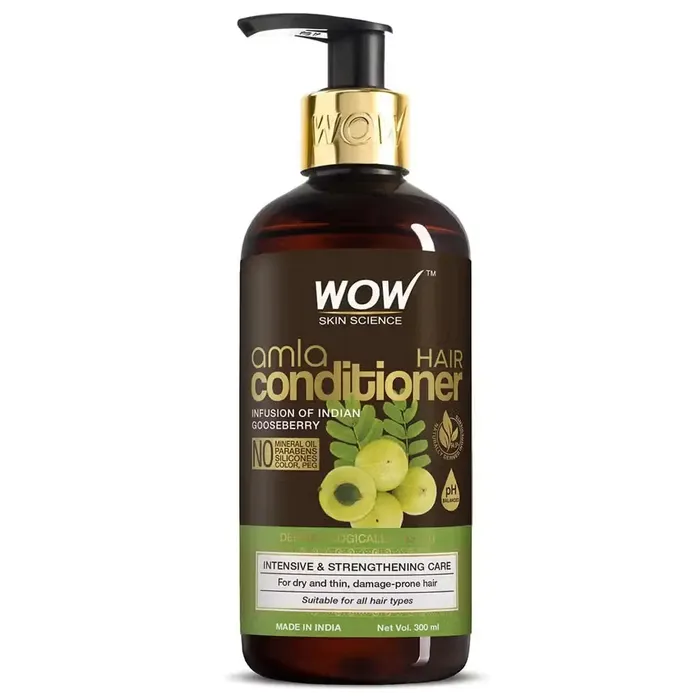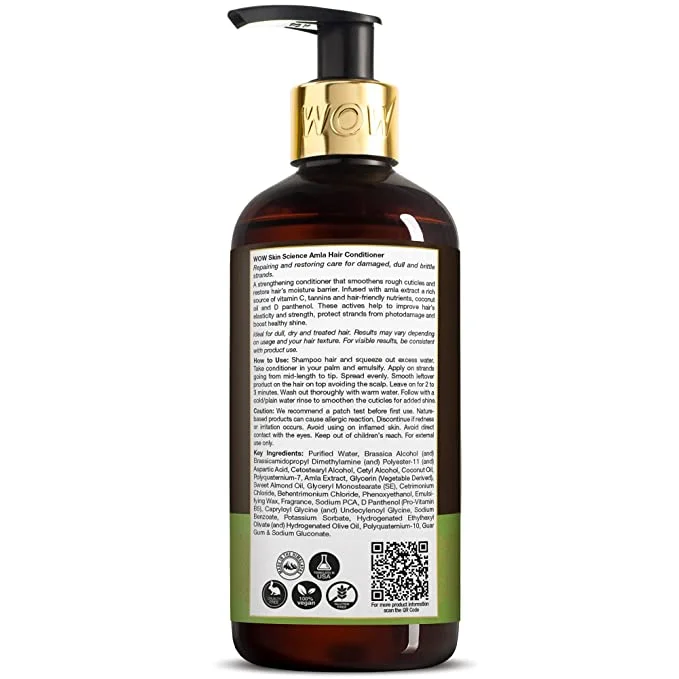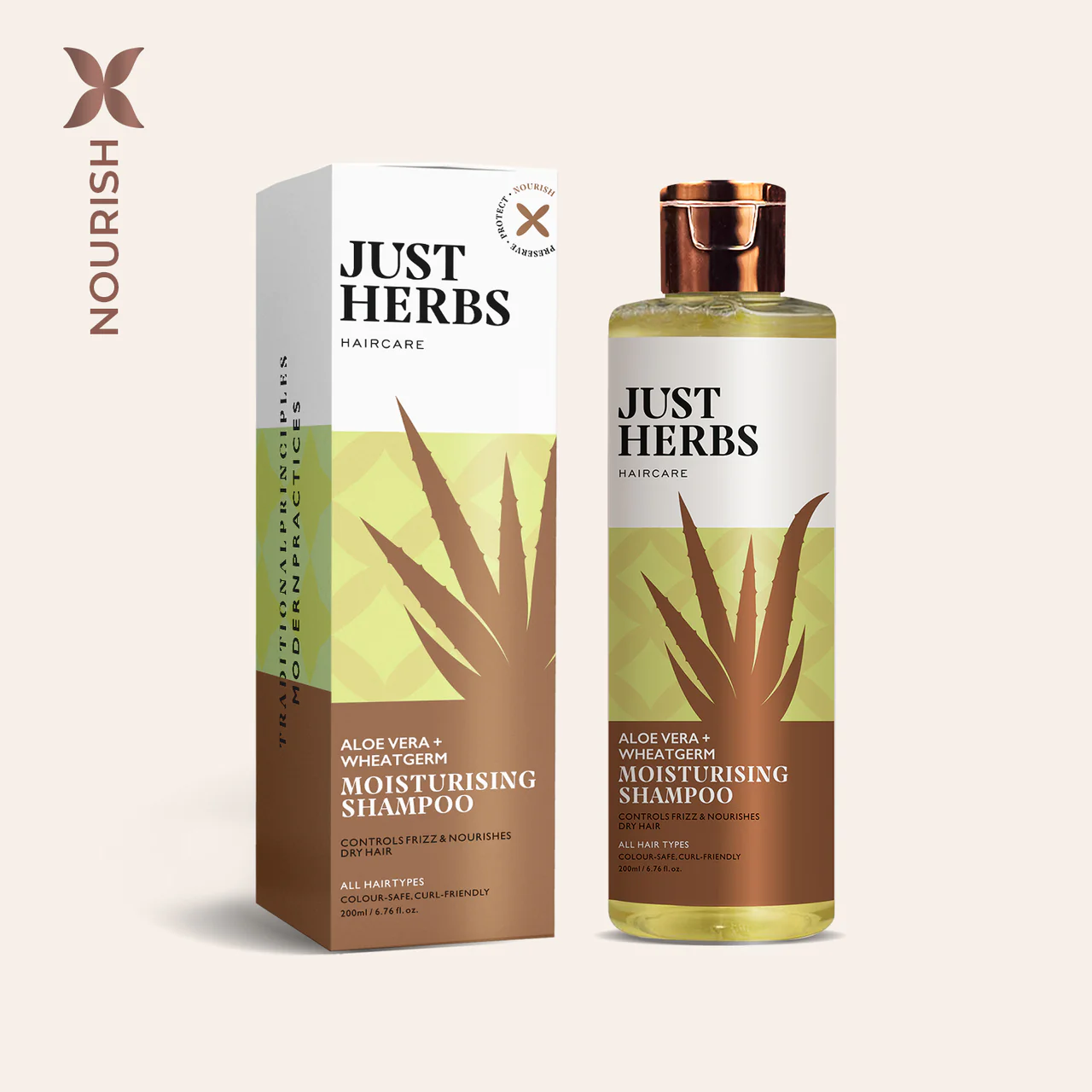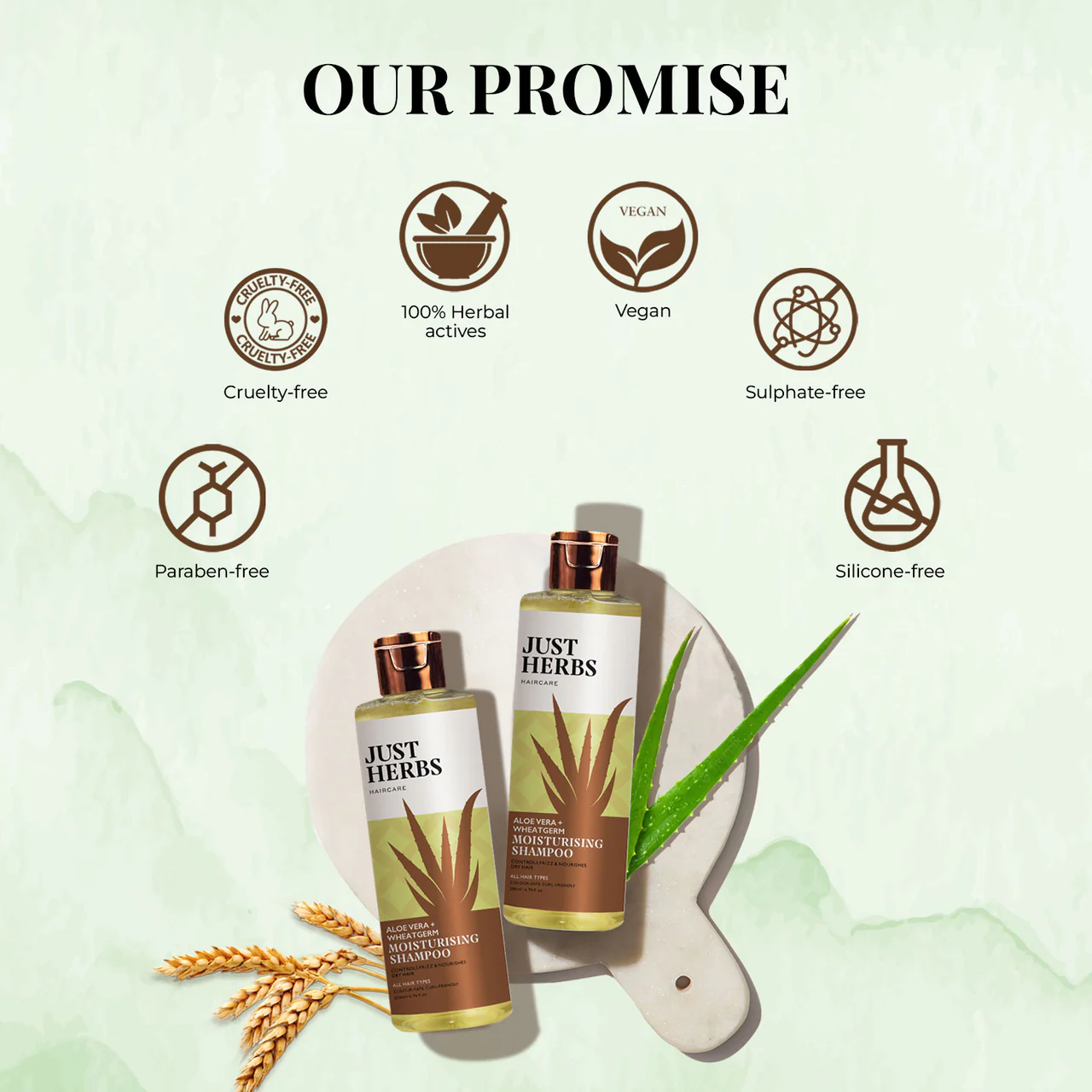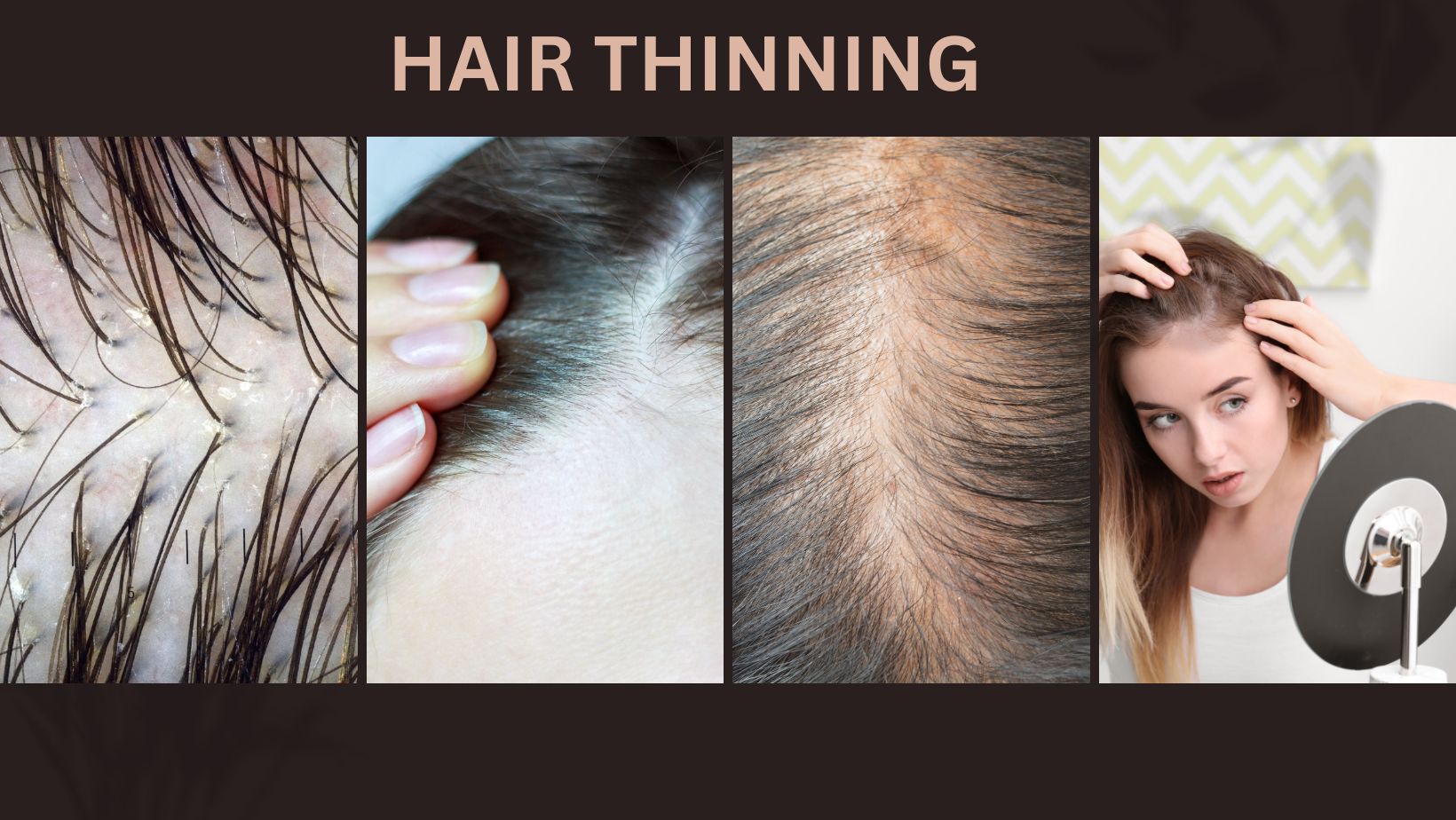
Hair Thinning
Hair Fall is a common problem that affects both men and women. It is characterized by a reduction in hair density, which can lead to baldness or patchy hair loss. Hair thinning can be caused by a variety of factors, including genetics, aging, hormonal changes, and lifestyle factors. In this blog, we will discuss the causes of Hair fall,precautions you can take to prevent it, and herbal and Ayurvedic remedies that can help treat it.
Ayurvedic Content Chronicles
Causes of Hair Thinning:
1.Genetics: The most common cause of hair fall is genetics. If your parents or grandparents had thin hair, you are more likely to experience hair fall as well.
2.Aging: As we age, our hair follicles become weaker, and hair growth slows down. This can lead to hair fall and baldness.
3.Hormonal Changes: Hormonal changes, such as those that occur during pregnancy, menopause, or thyroid disorders, can cause hair fall.
4.Stress: Chronic stress can affect the hair growth cycle, leading to hair fall.
5.Nutritional Deficiencies: Deficiencies in vitamins and minerals, such as iron, vitamin D, and biotin, can lead to hair fall.
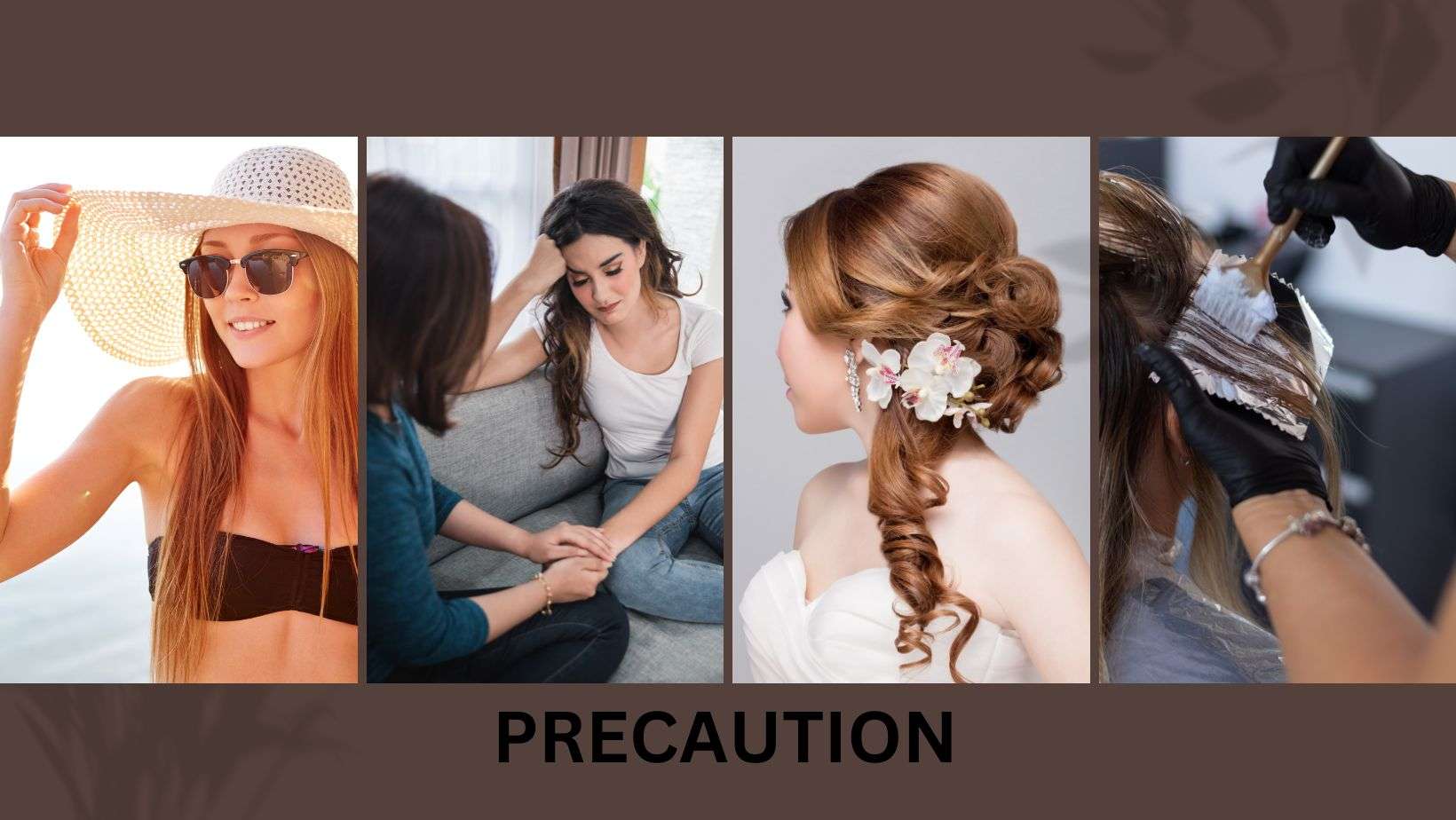
Precautions for Hair Thinning:
Maintain a healthy diet: A diet rich in vitamins and minerals is essential for healthy hair growth. Include foods such as leafy greens, nuts, whole grains, and lean proteins in your diet.
1.Avoid harsh chemicals: Avoid using harsh chemicals on your hair, such as hair dyes and straightening treatments, as they can damage the hair follicles and lead to hair fall.
2.Manage stress: Manage stress through meditation, yoga, or other relaxation techniques.
3.Avoid tight hairstyles: Tight hairstyles such as braids, ponytails, and buns can cause hair fall due to the tension they place on the hair follicles.
4.Protect your hair from the sun: Exposure to UV rays can damage the hair, leading to hair fall. Wear a hat or use a hair protectant when going out in the sun.
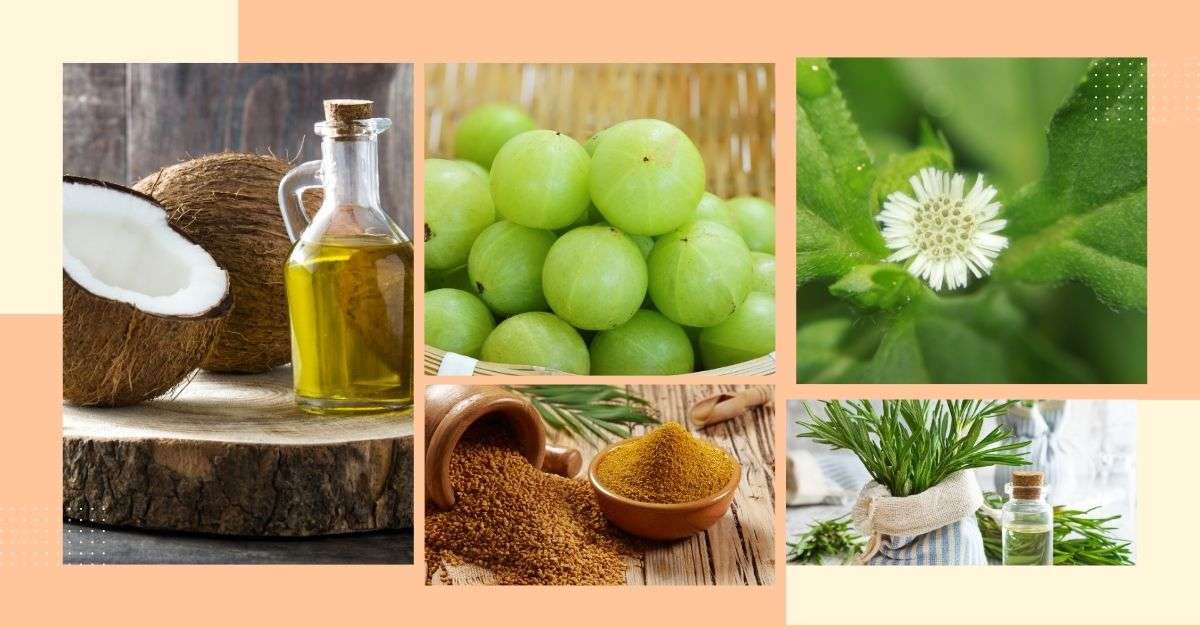
The Potent Ingredients in Hair Thinning
1.Amla: Amla, also known as Indian gooseberry, is a rich source of vitamin C, which is essential for healthy hair growth. Apply amla oil or consume amla juice regularly to promote hair growth and prevent hair fall.
2.Bhringraj: Bhringraj is an herb that is commonly used in Ayurvedic medicine for hair growth. Apply bhringraj oil to your hair or consume bhringraj supplements to promote healthy hair growth.
3.Fenugreek: Fenugreek seeds are rich in protein and nicotinic acid, which are essential for healthy hair growth. Soak fenugreek seeds in water overnight and apply the resulting paste to your hair and scalp to promote hair growth and prevent hair fall.
4.Coconut Oil: Coconut oil is a rich source of fatty acids that nourish the hair follicles and promote healthy hair growth. Massage coconut oil into your hair and scalp regularly to prevent hair fall.
5.Rosemary Oil: Rosemary oil is known for its ability to promote hair growth and prevent hair thinning. Mix a few drops of rosemary oil with a carrier oil, such as coconut or olive oil, and apply to your hair and scalp regularly.
Different Hair Care Concerns
DIY Remedies for Thicker Hair
Crafting your own hair-thickening remedies can be both fun and effective. Here’s a simple DIY hair mask recipe:
DIY Hair-Thickening Mask
Ingredients:
- 1 ripe avocado
- 1 tablespoon of honey
- 1 egg yolk
- 1 tablespoon of olive oil
Instructions:
Mash the avocado in a bowl until it’s smooth and lump-free.
Add the honey, egg yolk, and olive oil to the mashed avocado. Mix the ingredients thoroughly to create a smooth paste.
Apply the mask to your damp hair, focusing on the roots and ends.
Cover your hair with a shower cap and leave the mask on for 30-60 minutes.
Rinse your hair thoroughly with lukewarm water and shampoo as usual.
This DIY mask can nourish your hair, making it appear thicker and more voluminous.
Natural Wisdom Writings
BEST HAIR THINNING PRODUCTS
Soulflower Rosemary Essential Oil for Hair Growth: A fragrant elixir of botanical wonders, this essential oil is a catalyst for vibrant hair growth. It infuses your scalp with invigorating energy, encouraging healthy hair while leaving behind a soothing and aromatic trail.
WOW Skin Science Amla Hair Conditioner is a nourishing delight for your hair. Enriched with the goodness of amla extract, it strengthens and hydrates hair strands, leaving them soft, shiny, and manageable. This conditioner is your go-to solution for healthier, more lustrous hair, with the natural power of amla.
Just Herbs Ayurvedic Silky Strength Anti Dandruff and Hair Fall Shampoo: Unveil the wisdom of Ayurveda with Just Herbs’ shampoo. Infused with botanical marvels, it addresses dandruff and hair fall, rekindling your hair’s natural beauty and strength.
FAQ’S
Q1What causes hair fall?
Q2 Is hair fall hereditary?
Yes, genetics can play a significant role in thinning hair, especially if there’s a family history of hair loss.
Q3Can hair care products contribute to hair fall?
Some hair care products with harsh chemicals or excessive heat styling can damage hair follicles and contribute to thinning.
Q4 Does frequent hair coloring lead to hair fall ?
Overuse of hair color and chemical treatments can weaken the hair shaft and lead to thinning.
Q5 Can tight hairstyles cause thinning hair?
Tight hairstyles like braids, ponytails, and extensions can pull on the hair follicles and lead to thinning over time.
Q6 Is age a factor in thinning hair?
Yes, as we age, our hair naturally becomes thinner due to hormonal changes and decreased hair follicle activity.
Q7Does poor nutrition affect thinning hair?
A balanced diet rich in vitamins, minerals, and proteins is essential for healthy hair growth. Nutritional deficiencies can contribute to hair fall.
Q8 Can stress lead to hair fall?
Extreme stress can trigger a condition called telogen effluvium, causing temporary hair shedding and thinning.
Q9Can hormonal imbalances cause hair fall?
Hormonal fluctuations, such as those experienced during pregnancy or menopause, can lead to thinning hair.
Q10.Can medical conditions contribute to thinning hair?
Conditions like alopecia areata, thyroid disorders, and polycystic ovary syndrome (PCOS) can cause hair Fall.
Q11.Can medications lead to hair fall?
Certain medications, including those for blood pressure, cancer, and hormonal birth control, can cause hair thinning as a side effect.
Q12.Is excessive heat styling harmful for thinning hair?
Excessive heat styling can damage fragile hair and worsen thinning over time.
Q13.Can hair fall be reversed?
Depending on the cause, some types of hair fall can be treated and reversed with proper care and treatments.
Q14.Does using volumizing products help with hair fall?
Volumizing products can provide temporary fullness, but they don’t address the underlying cause of thinning.
Q15.Is hair shedding different from hair fall?
Yes, shedding is a normal part of the hair growth cycle, but thinning occurs when hair follicles produce finer, shorter hair strands.
Q16.Can massage promote hair growth for hair fall?
Scalp massages can improve blood circulation to the hair follicles, potentially supporting hair growth.
Q17.Does sun exposure worsen hair fall?
Prolonged sun exposure can damage hair and make thinning more noticeable. UV protection is essential.
Q18.Can nutritional supplements help with thinning hair?
Certain supplements like biotin, zinc, and vitamins can support hair health, but consult a healthcare professional before taking them.
Q19.Is it necessary to see a doctor for thinning hair?
If thinning hair is sudden, severe, or accompanied by other symptoms, it’s recommended to consult a doctor to rule out underlying medical conditions.
Q20.Can changing hairstyles disguise hair fall?
Certain hairstyles and cuts can create the illusion of thicker hair, but they don’t address the underlying issue of thinning.




